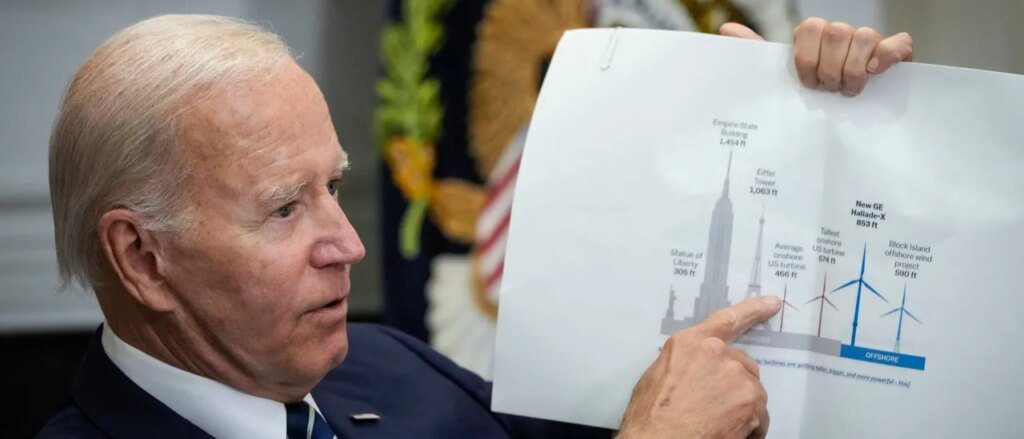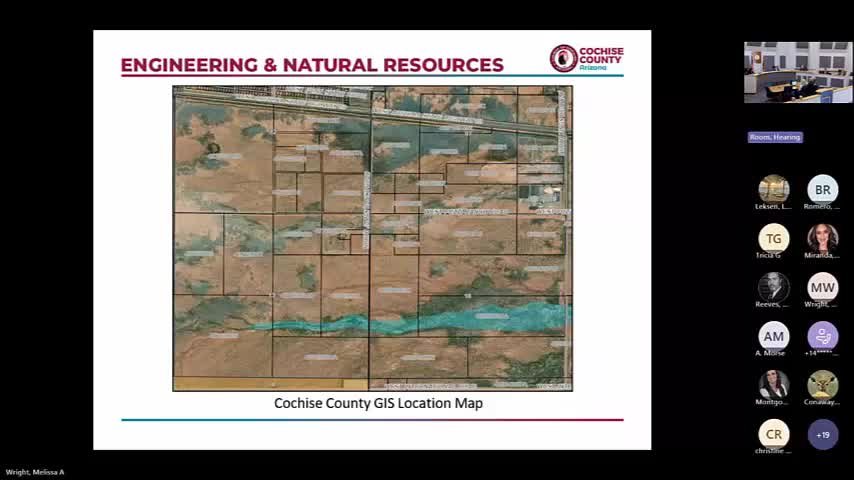Fishermen Support Withdrawal of Offshore Wind Farm Permit
On Wednesday, fishermen from New England expressed their approval of the Trump administration’s recent decision to withdraw yet another permit for a large offshore wind farm. This move has sparked ongoing debates within the green energy sector.
Jason Joyce, a board member of the New England Fishermen’s Stewardship Association (NEFSA), mentioned that the previous administration under Joe Biden had approved numerous offshore wind projects, which, according to him, pose a threat to fisheries. NEFSA praised the administration’s action, especially as the Department of the Interior attempted to revoke another wind project permit off Massachusetts on Wednesday.
“The entire commercial fishing community is quite pleased with the path the president is pursuing. The withdrawal of permissions and cancellations of projects is encouraging,” Joyce shared. He added, “But sadly, it seems the Democrats are inclined to support offshore wind energy over the interests of commercial fishing—those two industries just can’t coexist.”
In recent developments, the DOI issued a work-stop order for a significant offshore wind project near Rhode Island and Connecticut, and is seeking to retract federal approval for another initiative near Maryland. Furthermore, the Department of Transport announced plans to potentially withdraw funding from 12 offshore wind projects, amplifying the ongoing conflict around wind energy.
“On his first day back in office, President Trump signed an executive order to reevaluate wind project leasing and permitting,” noted White House assistant reporter Anna Kelly. She referred to Trump’s directive aimed at balancing wind development with more traditional energy sources like coal and natural gas.
NEFSA pointed out that the Biden administration’s push for large-scale offshore wind projects could greatly impact fisheries, as these developments disrupt the waters crucial for their livelihoods. Joyce emphasized that offshore wind shouldn’t be a strictly partisan issue, urging stakeholders to acknowledge the dangers these projects pose to commercial fishing—something that can’t continue as usual if the wind farms encroach on vital fishing grounds.
“They suggest the two can coexist, but if the species we aim to catch are driven away by offshore wind, we can’t continue as usual,” Joyce stated, reflecting on the challenges fishermen face.
For years, NEFSA has been vocal about its concerns over offshore wind, sharing similar worries with some environmentalists regarding the potential impact on marine life. Joyce pointed out that NOAA confirmed the Biden administration’s failure to adequately review the environmental effects of several offshore wind initiatives prior to approval.
With concerns growing, Joyce hinted at the alarming trends on the New England coast, relating increased whale fatalities to the condition of the environment disrupted by large-scale offshore wind farms. He described these projects as colossal, asserting their overwhelming presence in the ocean and suggesting their noise could lead to serious consequences for marine life.
The DOI has indicated a shift away from prioritizing federal support for renewable energy initiatives, casting doubt on previously favored wind and solar projects. Joyce lamented that offshore wind farms disrupt natural habitats and described their impact on fisheries as creating “areas that repel rather than support the local marine ecosystem.”
“We’re essentially industrializing the ocean,” Joyce remarked. “You wouldn’t passively accept such changes to terrestrial environments, yet because these developments are offshore, they are often overlooked.” He hoped that both the president and other political figures would consider the ramifications and adopt a more protective stance towards marine environments.







